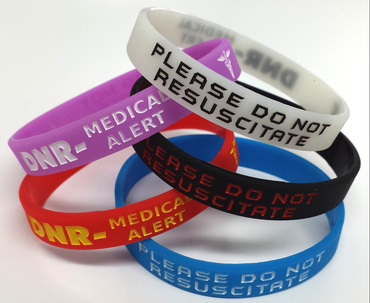Difference between revisions of "Do not resuscitate orders"
Jump to navigation
Jump to search
(Updated.) |
|||
| Line 12: | Line 12: | ||
[[COVID]] has increased the use of these orders. | [[COVID]] has increased the use of these orders. | ||
| − | In [[2021]], [[The Guardian]] reported that blanket orders are used in English care homes.<ref>https://www.theguardian.com/society/2021/mar/18/blanket-do-not-resuscitate-orders-imposed-on-english-care-homes-finds-cqc</ref> | + | In [[2021]], [[The Guardian]] reported that blanket orders are used in English care homes.<ref>https://www.theguardian.com/society/2021/mar/18/blanket-do-not-resuscitate-orders-imposed-on-english-care-homes-finds-cqc</ref> Teenage patients with [[autism]] and [[down syndrome]] were offering them the orders in a blanket policy.<ref>https://www.dailymail.co.uk/news/article-10346479/GPs-offered-teenage-patients-learning-disabilities-not-resuscitate-orders.html</ref> |
{{SMWDocs}} | {{SMWDocs}} | ||
Latest revision as of 18:40, 28 December 2021
(Eugenics, COVID-19/Euthanasia) | |
|---|---|
 Bright colours can make anything conscionable. | |
| A form of COVID-19/Euthanasia |
A DNR is presumed in the event of a cardiac arrest unless a do not resuscitate order is in place in England and Wales.
COVID has increased the use of these orders.
In 2021, The Guardian reported that blanket orders are used in English care homes.[1] Teenage patients with autism and down syndrome were offering them the orders in a blanket policy.[2]
Many thanks to our Patrons who cover ~2/3 of our hosting bill. Please join them if you can.